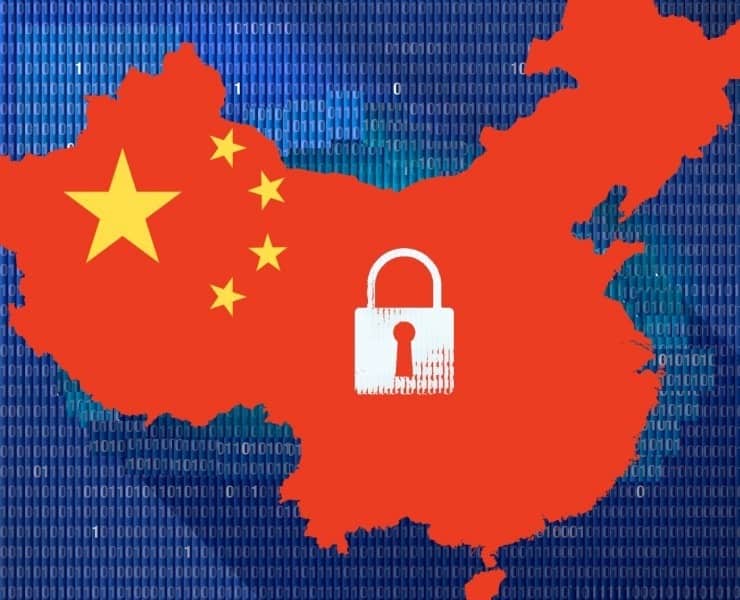It is no secret that the People’s Republic of China is a communist country. The PROC is also subject to extreme Internet censorship, owing to several dozen stringent regulations created by the Chinese government. In fact, analysts readily attest to the pervasive and totalitarian control over the Internet in China. The Chinese government is in control of all websites, social media platforms, and content that people in China have access to. Additionally, the Chinese government decides which websites to block. Such is the nature of the problem of Internet lockdown in China that more journalists, bloggers, and proponents of free speech are imprisoned in this Asian superpower than anywhere else in the world.
There are several reasons why China makes it near impossible for its citizens, residents and visitors to access the Internet. One reason is to gain supreme control over the domestic market and the competition. By preventing foreign operators from accessing the Chinese market, China effectively retains control over all e-commerce, news, media, and other sources. The Chinese government even prevents Wikipedia from operating, owing to the encryption technology (HTTPS) that prevents Chinese authorities from censoring content. At the core of Internet censorship in China – and behind the Great Firewall of China – is the country’s determination to prevent a cultural meltdown by infusing foreign ideas, thoughts, and information into the mainstream Chinese mindset.
Chinese Internet Allows You to Roam within Prescribed Borders
Whatever the reasons, it is near impossible for people in China to access the Internet as it was designed to be – deregulated, free, and uninhibited. Fortunately, there are ways to flout restrictive legislation by utilizing the available technology provided by VPNs. A VPN is a virtual private network which can help you to access content on Google, Yahoo, Bing, Safari, YouTube, Facebook, G + and dozens of other high-ranking social, news, and network platforms. China prevents anyone on the mainland or in Hong Kong from accessing websites like the New York Times. Owing to the 5 dozen legislations restricting Internet access in China, many Westerners and fellow visitors from across Asia will find it near impossible to enjoy an uninterrupted Internet browsing experience.
VPNs are a workable solution to this dilemma. These services offer military-grade security and the most stringent encryption protocols in the industry. Equally important is the fact that there is no logging activity and servers are located all over the world. There are many good VPN services to choose from. For example, for NordVPN there are 21 in China, 7 in Japan, and 6 in Hong Kong. The obfuscation technology utilized by these services is world-class, and that’s precisely what is needed when dealing with a repressive, restrictive, and totalitarian-style governments such as China. For ExpressVPN, the servers are located in the British Virgin Islands, and there are zero data retention laws in place. The global servers are equally impressive with 4 in Hong Kong, several in Japan, Thailand, South Korea, Vietnam, and Taiwan.

Why is VPN utilization such an important issue in China?
China is arguably the most restrictive country when it comes to Internet usage. More importantly, the penalties for expressing oneself freely on the Internet in China are so severe that preventative measures must be adopted. Thousands of websites are blocked in China, using geolocation based technology. This prevents Chinese Internet users from even accessing these websites. While there is no evidence to support the claim, Internet experts suggest that there may be as many as 2 million people monitoring Internet activity in China.
This is the clearest such example of a police state, feeding people only what they want them to see. However, a VPN offers a get out of jail free card by preventing your browsing activity from being monitored by the Chinese government. VPNs prevent harmful downloads from being placed on your PC and ExpressVPN and others also will block pop-ups and create fake IP addresses. By using tunnels to access online data, you are effectively operating behind the scenes, or beneath the surface. This allows you to enjoy unlimited browsing access. It is important to point out that VPN services are continually been upgraded to maintain pace with the Chinese government’s attempts to unearth illicit online operations.

